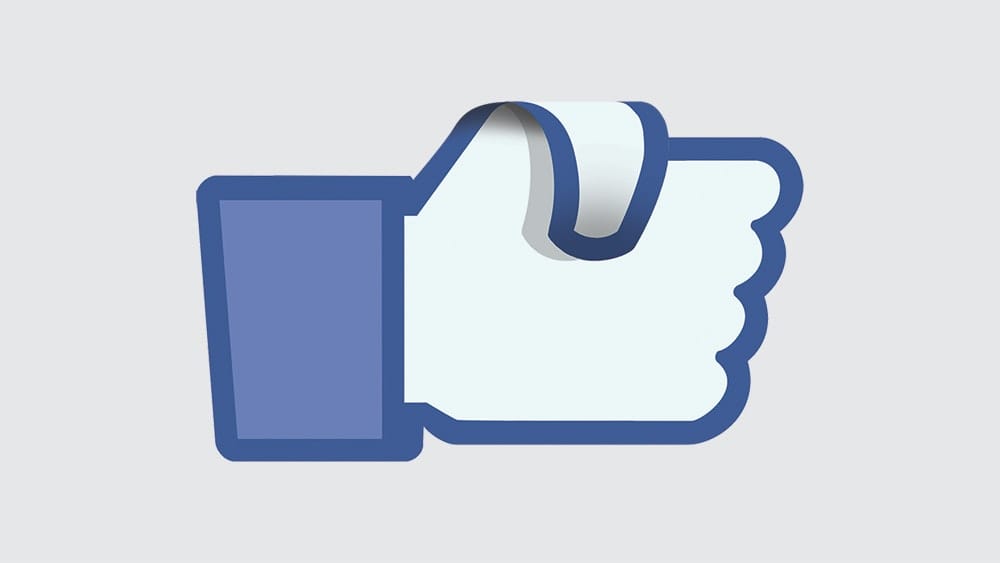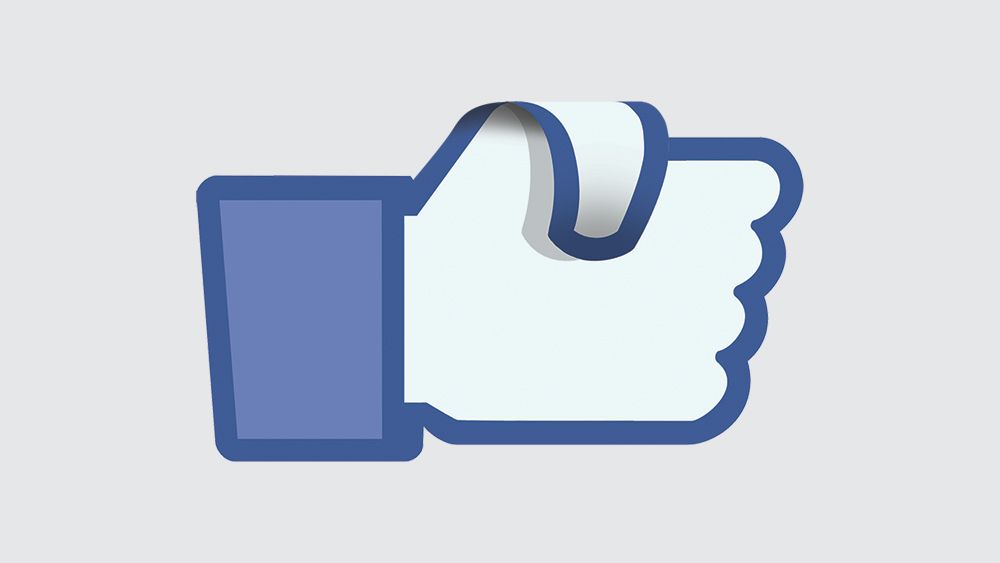Is Facebook Now a Marketing Liability?
Amid boycotts and controversies, paying this platform is more fraught than ever

“Every action, every decision [Mark Zuckerberg] has ever made points to one place — How do I get the stock price up?” — Scott Galloway, “Pivot” podcast, June 5, 2020
Media Matters for America, a liberal-leaning media watchdog known for getting advertisers to pull ads from Fox News and similar outlets, is now going after Facebook, drafting a letter to urge advertisers to rethink their spending on the platform. This comes after Facebook’s CEO, Mark Zuckerberg, notoriously left in place a post from President Trump that lied to users about the legitimacy of mail-in ballots, part of what appears to be a campaign to suppress voter turnout. Twitter labeled a similar post with a fact-check link, an action that led to more lashing out from the President. (In a related matter, a regular user was banned from Twitter in less than 3 days for simply posting from his personal account text cut-and-pasted from the tweets of President Trump, showing that Twitter still has different — and potentially dangerously different — standards for public figures.)

Media Matters has targeted Facebook before, sending a small plane over the company’s Silicon Valley headquarters with a banner reading, “Facebook Hearts Right Wing Lies.”
This time, the organization is timing its activity to coincide with the NewFront presentations, an annual event for digital media running from June 22-26. It appears they want the boycott to be one Facebook feels. They don’t expect a total boycott, and acknowledge that many small and medium-size businesses rely on its targeting technologies for promotional efficiency. But some canceled contracts, canceled ads, and revenue shortfalls might get Facebook’s attention.
This comes during a surge in awareness of the racism permeating our society following the death of George Floyd and others. When it comes to race, Facebook also has a poor record. In 2018, the NAACP urged its members to boycott Facebook after learning that the platform had given Russian operatives ways to specifically targeted Black Americans on social media in the lead up to the 2016 presidential election. In 2019, the Department of Housing and Urban Development (HUD) accused Facebook of “encouraging, enabling and causing housing discrimination” by letting landlords target ads and exclude various racial groups.
The Society for Scholarly Publishing (SSP) released a strong statement last week affirming that organization’s commitment to diversity and signaling an impatience with the forces that led us all to this point. Other organizations have issued similar statements. Bridging from statements to actions is often cast as a necessary next step.
Some are taking action. More than 140 scientists funded by the Chan-Zuckerberg Initiative (CZI) and the related CZI BioHubs — along with current and former employees — also published an open letter noting that CZI has a stated goal “to build a more inclusive, just, and healthy future for everyone,” while pointing out that:
. . . the spread of deliberate misinformation and divisive language is directly antithetical to this goal and we are therefore deeply concerned at the stance Facebook has taken. We urge you to consider stricter policies on misinformation and incendiary language . . .
Sidenote: Neither bioRxiv nor medRxiv employees had signed onto the statement as of Sunday afternoon, despite also receiving funding from CZI.
Some businesses are already making their concerns felt in tangible ways. The CEO of Talkspace pulled out of a six-figure deal with Facebook last week, saying his organization won’t support a platform that traffics in “racism, violence, and lies.” There is also mounting evidence that Facebook and right-wing groups have been in a mutually beneficial alliance for years. Right-wing attacks on science, which have only escalated in the past few years, provide another reason to pause and consider what can be done to remove the misanthropic biases Facebook seems designed to amplify.
Hitting Facebook in the wallet may be the only way to get its attention, as Galloway noted.
This led me to wonder about what kind of paid promotions publishers and societies are running on Facebook (including a little about how much they’ve spent), and how people’s feelings about the platform have changed.
Paid Promotions
Many publishers are currently using paid promotions on Facebook, including:
- Academy of Management
- AIP Publishing
- American Academy of Neurology
- American College of Cardiology
- American College of Chest Physicians
- American College of Physicians
- American Dental Association
- American Psychological Association
- American Society of Clinical Oncology
- American Urological Association
- Annual Reviews
- Cambridge University Press
- De Gruyter
- EBSCO
- Elsevier
- Emerald Publishing
- Endocrine Society
- Frontiers
- Harvard University Press
- IEEE and IEEE Xplore
- JAMA
- JBJS
- JMIR Publications
- Johns Hopkins University Press
- Karger Publishers
- Mary Ann Liebert
- McGraw-Hill
- MIT Press
- Modern Language Association
- NEJM and NEJM Knowledge+
- Oxford University Press
- PNAS
- Project MUSE
- ProQuest
- RSNA
- Royal Society of Chemistry
- SAGE Publishing (India)
- Springer Nature
- Taylor & Francis
- Thieme
- University of Toronto Press
- Wiley (but only in India)
- Wolters Kluwer
I checked many more, but these were the ones I could find (via the Facebook ad library) with active Facebook ads as of last Friday afternoon.
Only a few societies have spent much on Facebook as part of their advocacy and membership campaigns. I looked at dozens of societies for spending on such ads, and found almost nothing. Because these ads are categorized as related to social issues, elections, or politics, spending levels are revealed in Facebook’s ad library.
Two major societies have spent what seem like substantial sums — the American Medical Association ($959,944) and AAAS ($1,407,831). This is more spending than I anticipated — for instance, AARP has spent only $801,833, and I would have thought AARP would have outspent the AMA or AAAS on Facebook. I guess that’s why we do research. By contrast, the American Chemical Society has spent only $1,983 on such Facebook ads. The American College of Obstetrics and Gynecology has spent $12,736. The American Dental Association has spent $19,729. The American Library Association has spent $1,097.
The question of whether to spend money on Facebook promotion leads to a fair debate. There are two sides to the coin. Do you spend in hopes of crowding out worse messages and elevating the discussion on the platform? Do you do it as part of a rational, disinterested, logical marketing strategy? Or do you avoid the platform, and use other avenues, in order to not give tacit validation and specific financial support to a problematic platform and its owner?
There are no easy answers for fiduciaries and professionals. It depends on a variety of factors. As a result, you may have ambivalent feelings about it, and want to know how peers are thinking about these issues.
To help inform that aspect, I asked readers for their opinions.
How People Feel About Using Facebook for Marketing & Advertising
In a survey I launched Friday and left up over the weekend, I asked two questions:
- Has your opinion of Facebook as a venue for your organization's messages changed in the past 12 months?
- Do you think publishers and scholarly societies should change their utilization of Facebook as a paid marketing option?
Respondents were asked to respond on a scale of 0-100. I received 42 responses. Here are the results:


Clearly, opinions about having organizational messages on Facebook have shifted, and most respondents feel that publishers and scholarly societies should stop using it. The numbers above are the averages — and while the ranges were wide, positive responses were uncommon. Only 1-2 people voted above the mid-point (50) for either question.
Comments were informative and carefully considered, and fell into two main groupings — the “I’ve had it” group, and the “I have qualms, but it works” group. Here are the comments from the people who have had enough:
We pulled all our scheduled content from FB two weeks ago. Information integrity is our brand, and FB has become too associated with . . . disinformation.
Just as we’re posting statements about racial injustice, we should either be dropping our use of Facebook entirely or posting strong statements on it of our disapproval of its social irresponsibility.
Facebook should be boycotted altogether. Too many other options to keep feeding this beast.
The commercial objective of using FB was/is to hijack attention at presumably advantageous moments or with behaviorally defined segments. This practice has always been mildly in conflict with true scholarly communications objectives, and the effectiveness of the approach has clearly diminished over time.
Facebook promotes inaccurate information, and the scientific community should boycott until they represent scientific knowledge properly and ignore or block fools.
Their morally bankrupt business practices are the most important reason to stop using their platform, but they also do not offer much value to publishers.
Currently, we haven’t made any changes to our use of Facebook for my society. I think we should look at our current policy.
I personally went off Facebook after Nov. 2016. I wish my organization would, too.
Other statements reflected the pragmatic aspects of using Facebook, as well as some of the mixed emotions that can come from knowing that pragmatism is at work:
Facebook remains unchallenged for social media scope. No successor has appeared at anything near scale.
Very conflicted. A big part of our marketing is social media but personally I am offended to have to use it.
I believe that social media in general has had on balance, a negative effect on individual mental health and society as a whole. It is however a seemingly indispensable component of any marketing operation because it is very effective. It will take some large public brands who are willing to get off FB to make an effective statement.
Surprisingly, FB generates significant site traffic.
Ethically, I think more and more people are considering removing Facebook from their personal and professional lives. But if an organization is getting measurable results from Facebook as an advertising platform, it is hard to shift away from it.
OTH - it’s become an invaluable marketing tool for local arts organizations because of the decline in local newspapers.
There are related questions I haven’t looked into yet:
- What about Instagram? Instagram is owned by Facebook, and many marketers listed above also used Instagram as part of their campaigns. Instagram’s ads are extolled by some as being far more effective, and Instagram skews young. Does every Facebook property need to be part of a boycott? Is Instagram part of this discussion?
- What about Facebook Messenger? Many scholarly advertisers mentioned above also place ads via Facebook Messenger. Same questions.
- What about the Facebook Audience Network? The Facebook Audience Network is Facebook’s ad network, placing ads in formats that look “native” to a site by leveraging Facebook’s targeting data. Should this also be part of a boycott?
I hope this helps you and your organization decide what to do — not only about Facebook, but more generally. Media spending is a statement at some level. Budgets are moral documents.
These are not easy questions, but it seems reasonable to send a message via wallets and budgets to Facebook and other relevant players that they need to clean up their act.
Social media can be a strong force for good, but it has to be made into one. With Facebook in particular — given its size, influence, track record, and leadership — there is a distance to go.